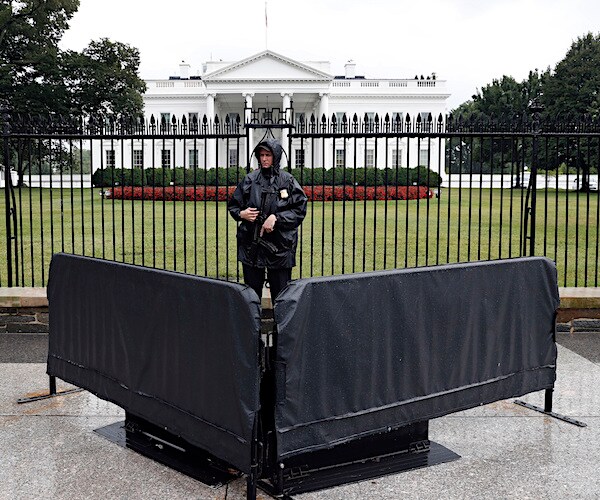Live Classes

Building A Pact On Free Speech
The top court’s order on remarks by politicians defines the contours of free speech, shows why a code of conduct on hate speech is needed
Do ministers and politicians bear personal responsibility for what they say in public, and should additional fetters be put on their speech given the high constitutional or political positions they hold? In a significant judgment, the Supreme Court on Tuesday rejected petitions calling for an institutional framework to deal with offensive comments made by lawmakers or politicians.
Supreme Court Verdict
The majority judgment, authored by Justice V Ramasubramanian, made three major points. One, a statement made by a minister can’t be attributed vicariously to the government by invoking the principle of collective responsibility. Two, no additional restrictions, other than the ones already mentioned in Article 19(2) of the Constitution (sovereignty and integrity of India, security of the State, friendly relations with foreign States, public order, decency or morality, contempt of court, defamation or incitement to an offense) can be imposed on their speech. And three, the protection of fundamental rights relating to free speech, and life and liberty, can be used against private persons and nonState actors too — which means these politicians can be sued.
In a separate verdict, justice BV Nagarathna disagreed on all three aspects. She found that on some occasions — especially when ministers are talking in their official position as representatives of the government — their comments can be seen as the views of the government; it is for Parliament to bring additional restrictions on free speech; and common law remedies are enough for free speech violations by private individuals.
The majority verdict is significant because it etches the contours of free speech in India and ways to safeguard it. It remains to be seen whether this pushes ordinary citizens to take political representatives to court for intemperate remarks (since their personal comments are not representative of government views, they can be seen as private individuals), or opens the door for legal action against fringe elements and non-State actors whose majoritarian comments have threatened to rupture the country’s social fabric. This newspaper has noted before how the fight against hate speech is hobbled by muddled legal definitions and a lack of political will.
Now What Next
The majority and dissenting judgments show the way forward on both fronts — by paving the way for stronger legal action on fundamental rights and underlining the dangers of hate speech in a democracy. It is now up to the political class to forge a compact and a code of conduct that can be uniformly enforced to ensure no inflammatory remarks can be made for expediency, though the current state of polarised discourse doesn’t hold out hope for such an eventuality.
What Was The Matter
Freedom Of Speech And Expression
Freedom of speech and expression means the right to freely express one's views through speech, writing, printing, pictures or any other means.
Download pdf to Read More